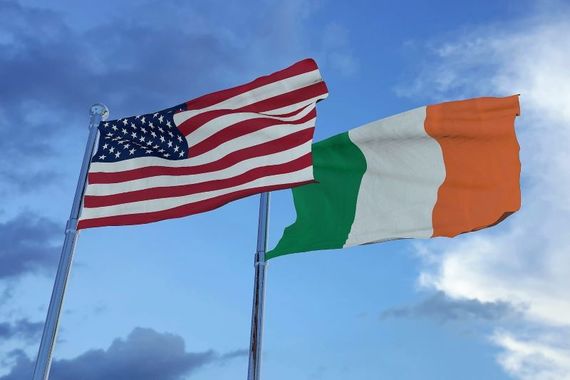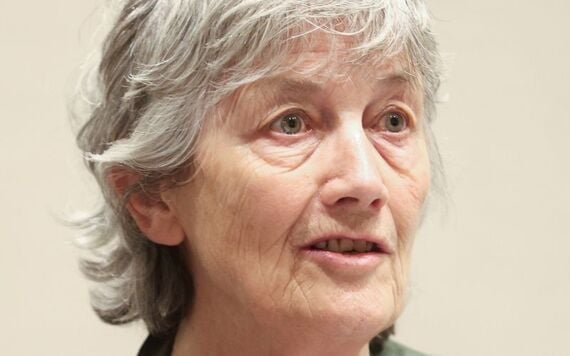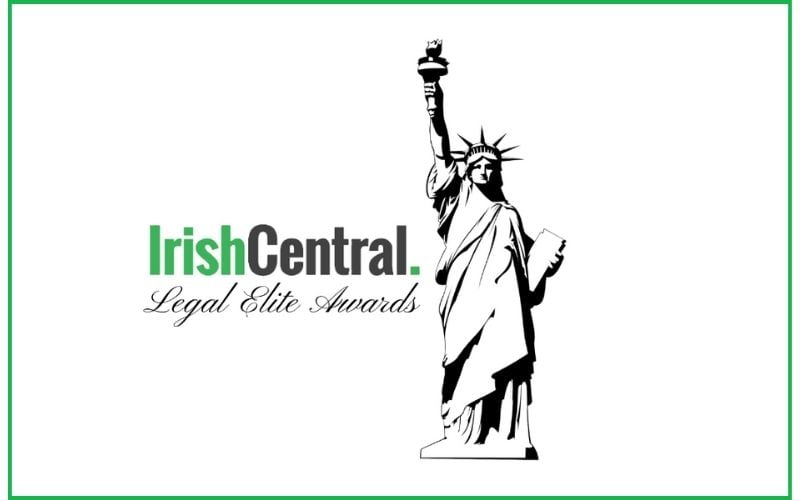Robert C O’Brien, who served as President Trump’s national security adviser between 2019 and 2021, has highlighted the election of Catherine Connolly, Ireland’s neutrality, our position on Israel and our low corporate tax rate as issues that have harmed the transatlantic partnership in the foreword of a new academic paper.
The report from Policy Exchange, a centre-right think-tank based in London with extensive links to the British security services, is titled "Peak Ireland? Ireland’s Diplomatic Challenges and the Lessons for the UK."
Mr. O’Brien now sits on the US president’s Intelligence Advisory Board, which works on the "most important security challenges" facing America. He wrote that Ireland has long enjoyed a "privileged status" in Washington, which has "served Dublin well through challenging times."
However, he added: "In an era in which the United States under President Trump is seeking to put the American interest first, the US relationship with Ireland is coming under unprecedented scrutiny."
Mr. O’Brien was critical of Ireland’s low defence spending, saying the Trump administration and the American people expect "better burden sharing" from its allies and partners. He continued: "Much of Europe is stepping up, but Ireland contributes almost nothing to the defence of the Atlantic and European regions from which it benefits so much.
"The Trump administration seeks to bring back jobs and production in critical sectors to the United States. But Ireland, a lowtax haven for international business, has gained a huge advantage for its own economy by offering sweetheart tax deals for American tech and pharmaceutical companies to leave our shores for theirs."
He also criticised Ireland’s "professed neutrality" and an "increasingly activist foreign policy" that is marked by its "divergence from everything the Trump administration stands for," particularly in the Middle East. He said Ireland was at the forefront of allegations of genocide against Israel and is "historically among the most hostile nations towards Israel" in the Western world.
Mr. O’Brien said the report should be "required reading" for American lawmakers, given the "special status" that Ireland continues to enjoy on Capitol Hill. Ms. Connolly, who was elected by a landslide on Saturday, stood on a platform of neutrality, anti-war, and pro-Palestine messaging, which has not gone unnoticed in the US.
Mr. O’Brien warned: "Friday’s Presidential election, won by a far-left, anti-American candidate, could well be a moment of truth."
However, he said the enduring relationship between Ireland and the US has not been damaged beyond repair.
He said: "For strong believers in the Irish relationship, all is not lost. Importantly, this report shows that a growing number of voices in Ireland are worried about the consequences of such an approach."

Ireland’s former ambassador to the United States, Dan Mulhall, told Extra.ie he knows Mr. O’Brien "well," and noted that he held one of the most senior positions in American politics during the first Trump administration.
He said the position of national security adviser would be the fourth most powerful role in the White House after the president, vice president, and the chief of staff. He said that although Mr. O’Brien is no longer in the Trump administration, he is "still close to the prevailing winds of foreign policy in the United States."
"You cannot ignore someone like Robert C O’Brien, who has put his name to this foreword – he is a serious player," Mr. Mulhall said. "I would argue with some of it [his comments], but coming from him, we should give it proper attention. He is a serious operator."
Ms. Connolly, an Independent TD for Galway West, was criticised during the election over comments she had made that the US could not be "trusted." The President-elect argued she made those comments in light of the ongoing genocide in Gaza.
On Mr. O’Brien’s comments about Ms. Connolly, Mr. Mulhall said he wanted to give the new President time and that she was yet to be inaugurated.
"But yes, they have noticed in those circles in Washington – the outcome of the election has been noted," he added.

Ireland's President-elect, Catherine Connolly. (RollingNews.ie)
The report from Policy Exchange seeks to illustrate to the UK government the dangers of not aligning itself closely with the Trump administration. It cites the Irish position on corporation tax, Israel, Russia, and other issues on which it says Ireland is not strong enough.
The report itself notes that it has "long become commonplace to praise the skills of Irish diplomats in keeping Dublin’s interests at the forefront of the EU agenda."
However, it warns: "In the context of President Trump’s renegotiation of US trading relations, challenges to the very basis of the Irish 'economic miracle' are stacking up fast."
And on defence issues, the report says: "Ireland has long been a freeloader off the security umbrella provided by the US, the UK, and other European states – spending scarcely over 0.2% of GDP on defence and foregoing Nato membership in favour of its policy of military neutrality. As with its economic policy, Dublin is now coming under increasing scrutiny from its European partners for this aversion to fair burden-sharing."
It also asserts that Ireland has now become a "backdoor for espionage and other national security threats" to the UK.
On Ireland’s relationship with Israel, it states: "Longstanding Irish animosity towards Israel has reached a crescendo in recent years, culminating in new legislation to boycott imports from Israeli settlements in the West Bank. This has provoked extensive commentary amongst the Trump administration and its congressional allies."
However, Wilbur Ross, a former commerce secretary for Mr. Trump in his first administration, said he thought concern over the damaging impacts of tariffs on Ireland was a "little bit overdone."
He told RTÉ’s Morning Ireland that in the US, there were quite a few people who felt pharmaceutical and technology companies had abused the system by transferring intellectual property to Ireland because it was a low-tax jurisdiction. Ms. Connolly and the Department of Foreign Affairs have been contacted for comment.
*This article was originally published on Extra.ie.




Comments